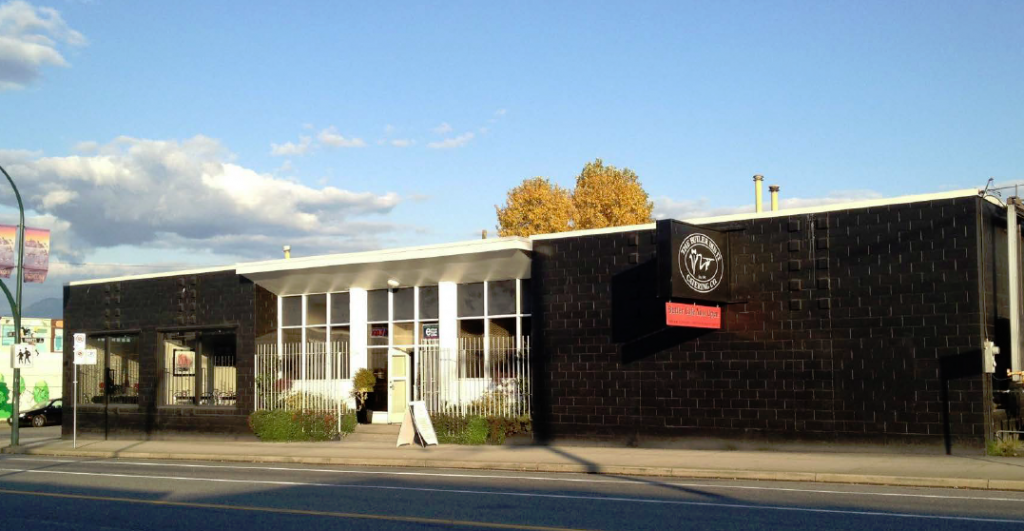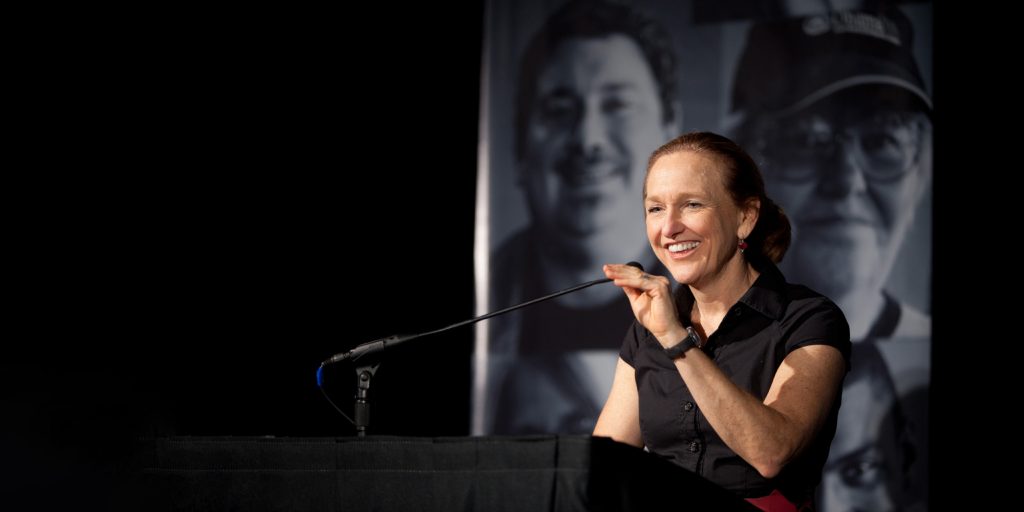“Our members, more than anyone, need to hear in 1000 different ways, the message, ‘You matter, you are valuable, you are worthy of this beautiful place,’” says Killian Noe, Recovery Café Seattle Co-founder.
The flagship Recovery Café Vancouver – one of 23 in North America and the first in Canada, will be operated by The Kettle Society. Scheduled to open in summer 2022, it will serve up to 400 members at any given time.

The Recovery Café was created by a group of like-minded people, who saw a critical, unmet need for those who struggle with multiple challenges and barriers requiring long-term recovery support. Everyone is welcome at the Recovery Café just as they are, no matter where they are on their recovery journey, and no matter what they are recovering from, whether that is substance use, mental health challenges, poverty or loneliness.
“Individuals come to know that they are loved, that they are precious, and that they have gifts to offer that the community needs,” says Killian. “We wouldn’t be the community we want to be without their gifts. This is a radical message for a lot of people who have experienced being left out and ignored, and even despised. They hear that not only are you loved here, but we need the gifts that you bring. Most importantly, we need the gift of yourself.”
The Recovery Café is free for members, who only need to make a commitment to participate in a weekly recovery circle with a trained facilitator and 8-10 peers. Here, they develop a sense of belonging, have a voice and are heard, and become accountable for achieving their own goals while helping peers to achieve theirs.
“What’s unique is the understanding and commitment to each other. Yes, we need to receive services, but we have an even deeper need to contribute, and so we set the expectation that people will become contributors. We contribute by taking on the physical work of operating the Café. And as trust is built, and we share more and more of our story and listen deeply to the stories of others, we’re able to contribute to the healing of others,” explains Killian.
Members are connected to in-reach services at the Recovery Café including visiting health, legal, social, and veterinary services. They can also attend a wide assortment of classes in the “School for Recovery.” They enjoy communal meals and daily structured activity such as taking part in running or walking clubs, doing yoga or writing.
“We view our role as being a home base – a place where people are known and loved, and where they can return to and venture out from. The Recovery Café is a place where we can laugh and we can grieve, where we can learn new things and replace destructive behaviors with healthy new ones.”
People learn ways to manage mental health, maintain sobriety, and build community.
“Every individual can reclaim their life as a person worthy of receiving love, and as a person created for giving love. Love is at the core of every person,” says Killian.
“The more we uncover, the more we recover and the more we recover, the more we uncover. We all need to travel this healing journey with others, not alone. We all need to build lives, with the support of others, that we are excited about living. We all need to learn to live from love instead of hurt and fear.”


